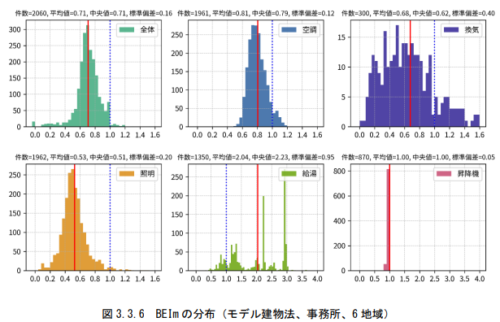2025-04-11 ジョージア工科大学
<関連情報>
- https://research.gatech.edu/georgia-tech-researchers-pioneer-eco-friendly-building-materials-earth-and-mars
- https://www.sciencedirect.com/science/article/abs/pii/S2590238525001493
エコ・ボクセル: 持続可能な耐荷重構造のためのビルディング・ブロック Eco-voxels: Building blocks for sustainable, load-bearing structures
Dimitrios Georgiou, Daniel Okegbu, Zeshi Yang, Tao Wang, Michael R. Snowdon, Amar Mohanty, Neil Gershenfeld, Wentao Yan, Christos E. Athanasiou
Matter Published: April 11, 2025
DOI:https://doi.org/10.1016/j.matt.2025.102106
Graphical abstract

Highlights
- Bio-based PTT and rCF sustainable composite material
- Scalable, reconfigurable, and modular structure assembly with automation potential
- Reduction of greenhouse gas emissions by up to 40% compared with traditional methods
Progress and potential
Over centuries, the development of structural materials for construction has primarily focused on improving mechanical performance, but at a significant environmental cost—approximately 10% of global greenhouse gas emissions is attributed to the construction industry, with materials like cement, steel, and concrete accounting for roughly 70% of them. Today, the urgent need for sustainable materials that meet structural performance criteria while minimizing environmental impact is clear. This work introduces eco-voxels: modular, reconfigurable building blocks made from bio-based polytrimethylene terephthalate and recycled carbon fibers and produced at scale via injection molding. This research demonstrates that, when applied to standardized residential structures, eco-voxels deliver modularity, reconfigurability, and mechanical performance, while offering a solution to the sustainability challenge by featuring a 15%–40% reduction in carbon footprint compared with conventional methods.
Summary
The housing and climate crises are intertwined: climate change increases housing costs through increased damage and insurance premiums, while resource-intensive construction boosts greenhouse gas emissions. Emerging alternative construction methods aim to reduce the environmental impact but often rely on materials with questionable sustainability benefits. In this study, we build on the concept of digital metamaterials—lightweight, reconfigurable building blocks—by introducing eco-voxels: modular, mass-producible construction units made from an in-house-developed polymer composite of partially sustainably sourced polymer and rCFs. By assessing the structural performance of an eco-voxel wall, we illustrate the suitability of this construction method for residential buildings. In parallel, by comparing the carbon footprint of a 1 m2 eco-voxel wall with traditional concrete, three-dimensional-printed concrete, and CLT, we demonstrate 20%–40% reduced greenhouse gas emissions. Our analysis demonstrates that eco-voxels meet load-bearing requirements and offer a reduced carbon footprint aligned with eco-conscious construction demands.


